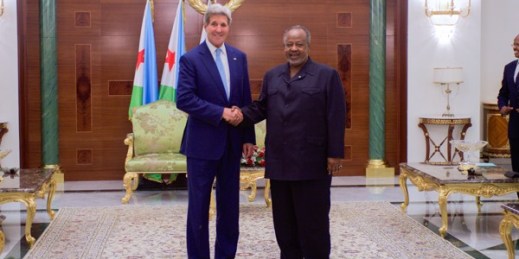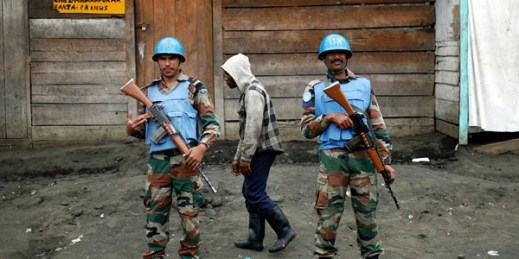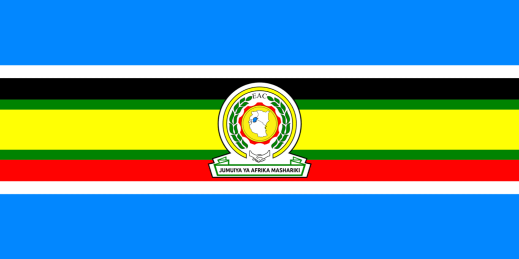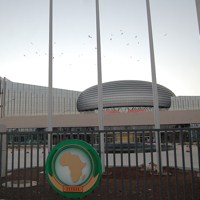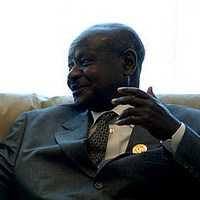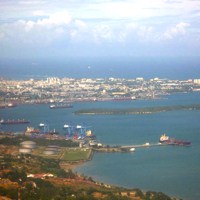
When Kenyans vote in the country’s presidential, parliamentary and county elections March 4, they will have the chance to distance themselves from the traumatic elections of December 2007. More than 1,000 people were killed and approximately half a million others fled their homes when violence between rival ethnic groups and political supporters broke out in the weeks following the vote. Much has changed since then, a lot of it for the better. But the main causes of the violence remain unaddressed. The 2013 election is thus fraught with hazard, and a mood of trepidation has characterized the campaign period. The […]



